What Beliefs Are And How To Change Them
This will be an ambitious post. We will endeavor to find out what beliefs are. Once we understand what they are, we will start to understand some ways to change them. We will be doing this from a purely biological, scientific standpoint. We will not rely on religious or metaphorical ideas or teachings. We will describe beliefs in a way that gives us as individuals as much power and responsible as we can.
Human Structure
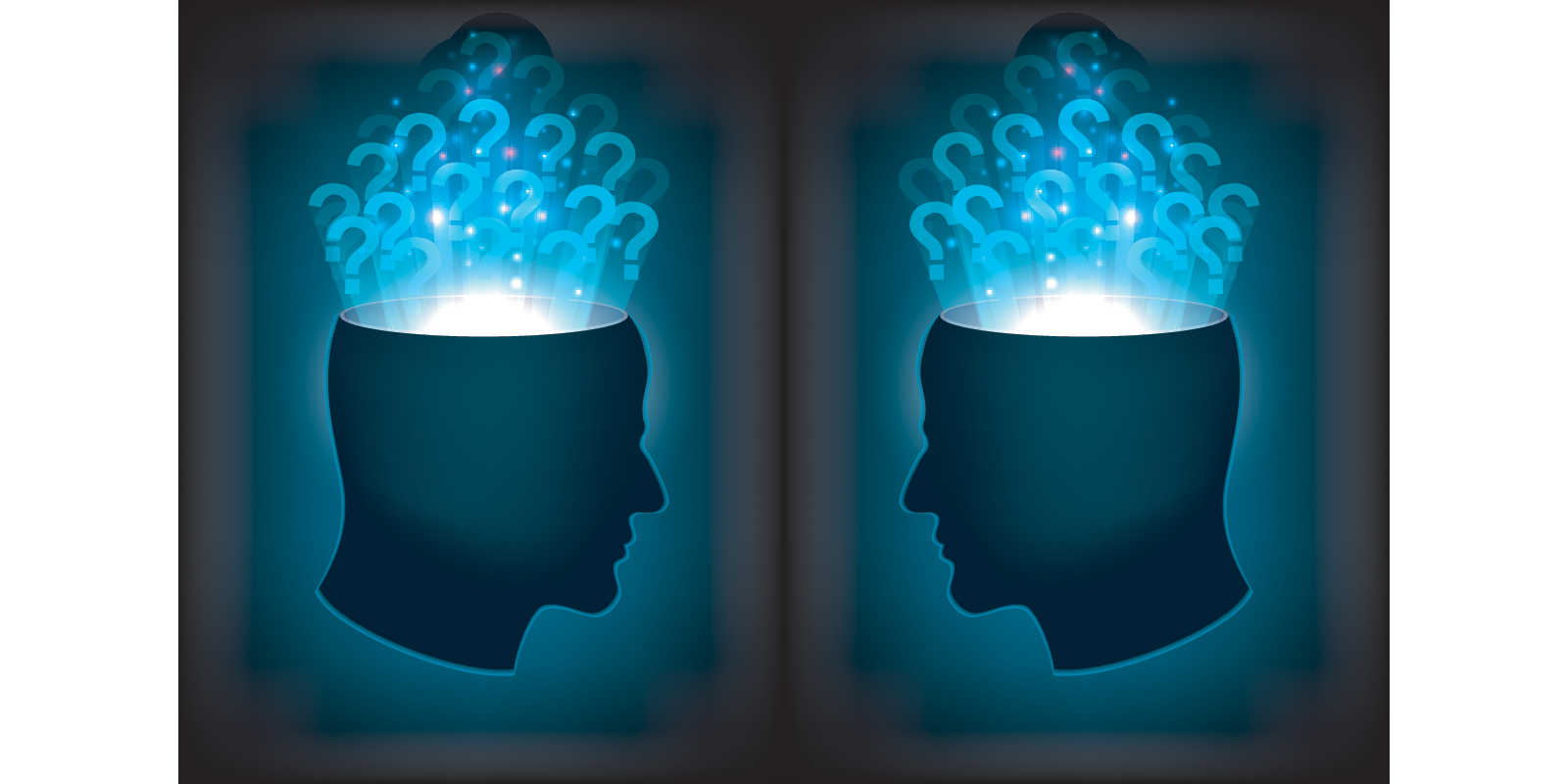
We’ll assume we got to where we are in our current human state through evolution. Perhaps this evolutionary process was divinely inspired, perhaps it was helped by alien intelligence. But we must assume we are the result of a long and scientifically explainable process. Otherwise, if we allow ourselves to describe any part of our nature in metaphysical or spiritual terms, we run the risk of using the, “Because that is God’s plan” argument we find ourselves stuck. Our goal is to get as unstuck as we can.
Energy Pumps
Let’s define humans in our most basic form. As energy pumps. We use energy. We consume and subsequently burn energy. We need to balance the two in order to survive. We need to minimize the energy we burn in order to acquire energy. We need to maximize the energy we get when we consume energy. We are constrained within a certain range. If we burn two calories for every one that we consume, we will soon die. If we burn one calorie for every two we consume, we will soon be too fat to move.
Extra Energy Considerations
We like pleasure and abhor pain. We make efforts to live as pleasurably as we can, and avoid pain whenever possible. We are social creatures, so we enjoy human relationships. We have a large brain that allows us to entertain complex and richly intricate ideas and thoughts (and weird blog posts like this one).
Meta Considerations
Individually we are driven to survive. We are driven to consume and relax. On a species level, we are driven to procreate. We are driven to make copies of ourselves. The things that we need to do in order to survive, (e.g. eat a certain amount of calories, enjoy a certain amount of relaxation and regeneration, have sex, stay warm and avoid extreme temperatures) are primarily driven by instincts. The line between proto-humans incapable of conscious and modern humans capable of rich and rational thought is blurred.
Instinct Hangover
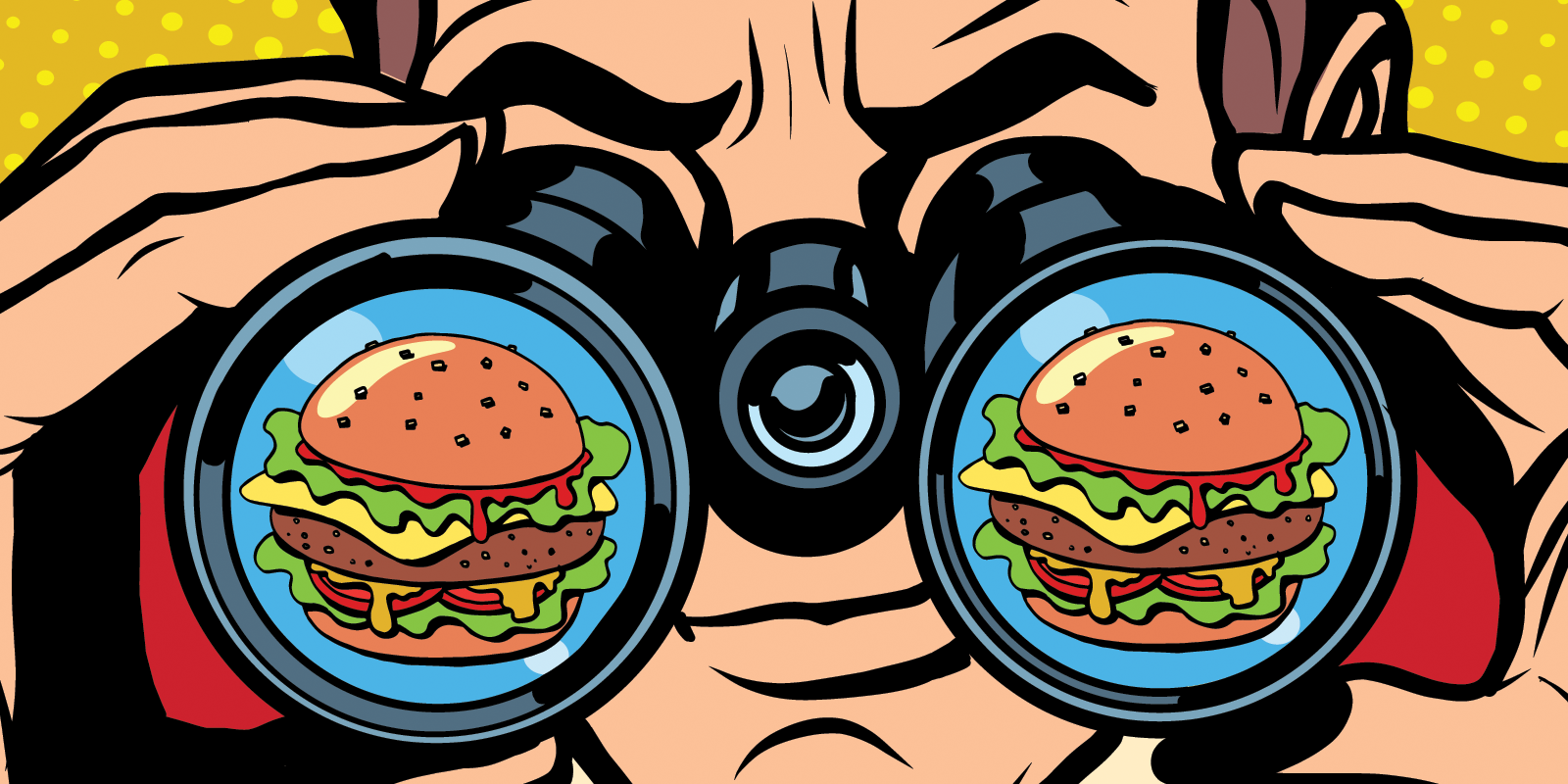
We have the same instincts that we had when we were hunter-gatherers. We crave food as though we still had to hunt it. We crave sex as though it was the most important thing of our lives. We crave social acceptance as if getting rejected meant certain death.
Our Complex World
Our world is incredibly complex. This is directly due to our large brains. We can think and plan and imagine and participate in trial and error exercises wholly inside our brains. We see a cute girl across the room and imagine the two extreme scenarios. One best case, where we have the best sex of our lives, one worst case, where she kicks in the nuts. We consider the probability of both and make a decision on what to do.
Data Mismatch
The ratio of data hitting our senses every single second, compared to the data we can actually perceive consciously is enormous. Our brains have to therefore come up with a strategy to figure out what data to recognize consciously and what data is not important enough to warrant our immediate attention.
Pre Conscious Processor
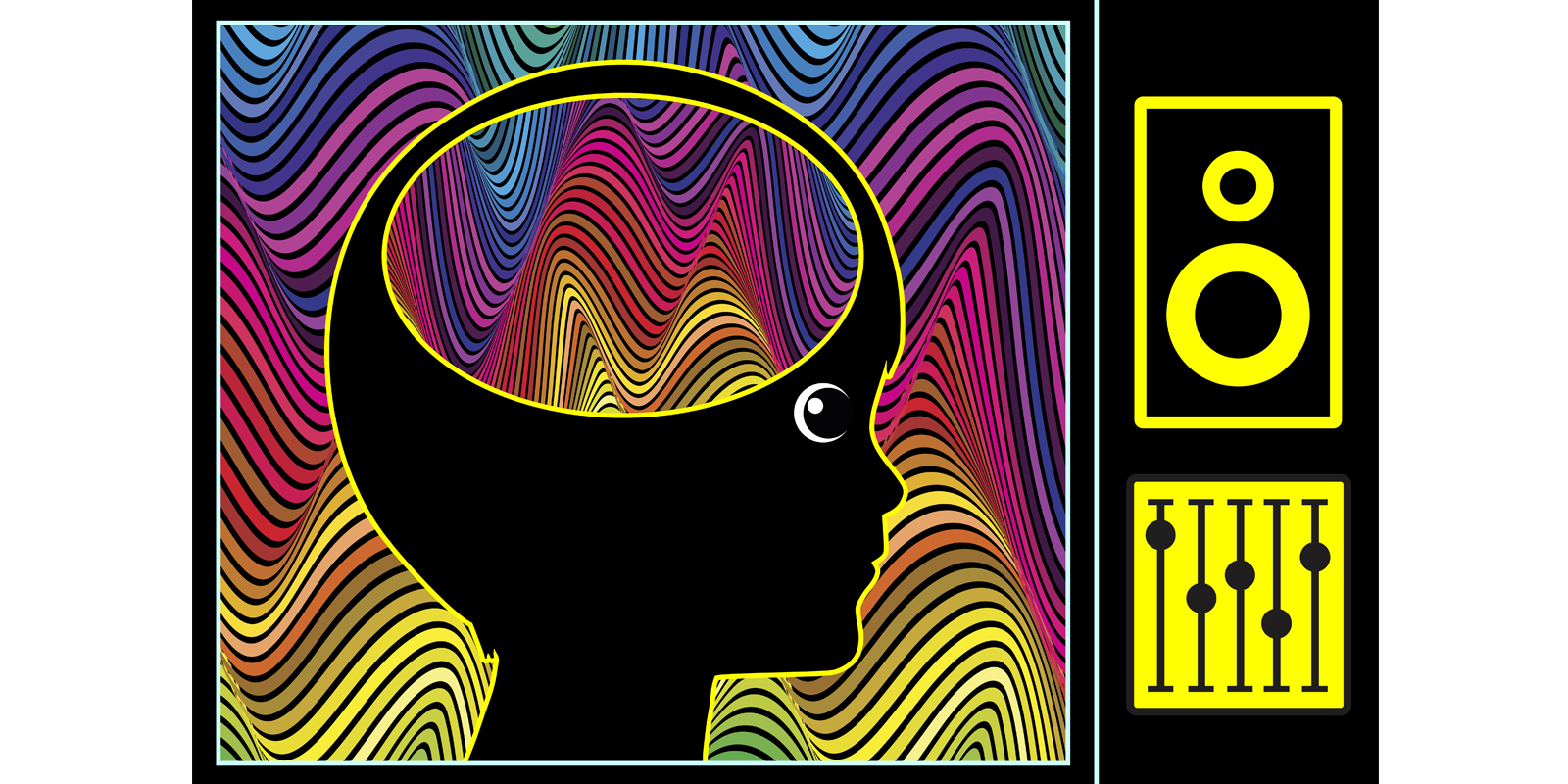
Part of our brain is the pre-conscious processor. It decides what to put into our subconscious and what to present to our conscious. We are at a party and somebody says our name in a crowded room. The pre-conscious processor, which is constantly sorting through all the information notices our name, and points it out to our conscious minds. We turn and see the person who has said our name.
Not Always Accurate
Sometimes we think we hear our name, but it was a name that only sounded like ours. Sometimes we are walking through the mall and think we see a gorgeous girl out of the corner of our eye, whip our heads around and realize it’s a movie poster.
Sorting Strategies
In order to make sense of all the data, we (or rather our mind-body system) needs some kind of strategies to become more efficient. Certain things are easy, and are programmed into our brains by evolution. Fear of loud noises, heights, and perhaps snakes is preset. Other things are learned, like our name, and what kind of currency is used locally, in case we notice some on the ground.
Goal Achieving Organisms
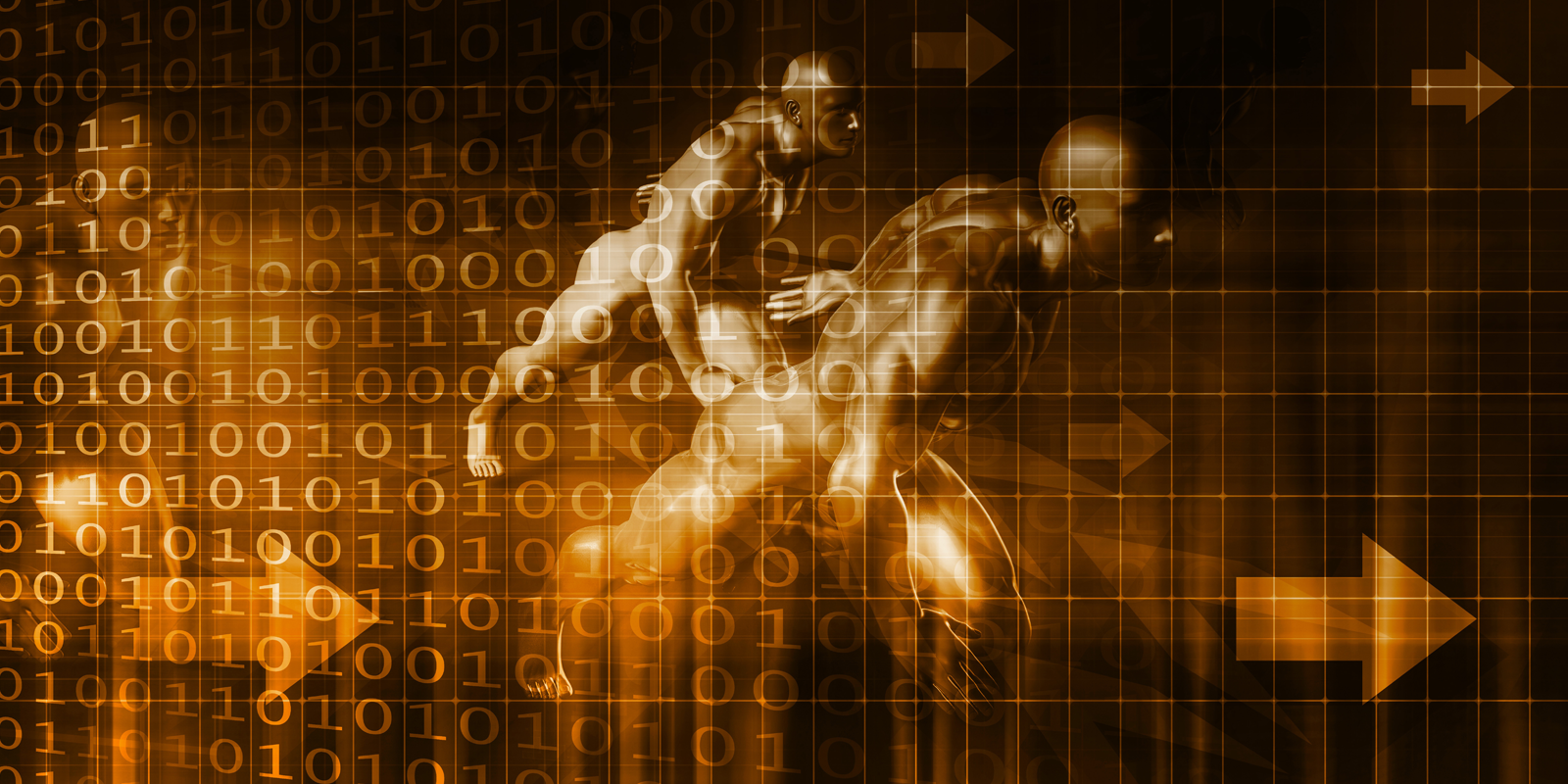
Remember, our mind body systems are slowly changing, and have been slowly changing for millions of years. But at our core, we have the same goals. Find food, eat food, stay safe, find somebody to have sex with, repeat as often as possible. We live in a very complex and ever changing world. Danger is all around. Food is all around. Sexy people are everywhere. We need some kind of system to help us out.
Enter The Belief
Let’s consider that beliefs are a device that helps us sort through all the data out there. Way back in the jungle, it was easy to determine between food and not food. Danger and safety. But today, we don’t just look for food and sex and potential relationships (friends, business associates, lovers). We can’t. We need to look for opportunities that can lead to those. But some of these opportunities may take a lot of our time and effort and even money and end up being a waste of time.
Beliefs Are Based On Potential
Our beliefs help us sort for potentials and percentages. A belief that says we have a certain set of skills will lead us to areas where we can apply those skills to get money and food and sex. A belief that says we lack certain skills will keep us from wasting time chasing food and money and sex when none are to be found (at least for us).
All Beliefs Are Estimates
Beliefs are only estimates. We based our beliefs based on our past experiences. We base our beliefs on what has happened to us ever since we were born. We all have plenty of experiences with failure. We have plenty of experiences with success. We want success in the future. We want to avoid failure in the future. Success creates pleasurable emotions. Failure creates painful emotions.
All Maps Are Inaccurate

Everything we see happen is fast and chaotic. We must always make a best guess on what’s really going on. Studies have shown that up to forty percent of what we perceive out there is really happening in here, meaning it’s based on the memory cache in our brains, not a real-time perception of what’s going on around us.
Better Safe Than Sorry
All creatures operate on a better-safe-than-sorry mechanism. This is due to the mathematics of evolution. Any creature that is wrong nine times out of ten yet lives long enough to reproduce will eventually out-populate a creature who is wrong eight times out of ten and maybe gets killed that one extra time out of ten.
Beliefs Are Instinctive
We don’t think about beliefs. Beliefs are created automatically without our knowledge. Since we are always driven to what feels good and avoid what feels bad, beliefs are calibrated to work best if they both get us what we want, and make us feel good. Or if they make us feel good while helping us to avoid any potential pain.
Dilemma

Our capacity of creating beliefs is based on a hunter-gatherer environment, just like all of our other instincts. What worked back then (better safe than sorry) doesn’t always work now. On the contrary, many areas that cause initial discomfort (potential social rejection) may be necessary in the short term in order to gain more in the long term, (e.g. learning uncomfortable skills like public speaking in order to increase potential income).
Food Metaphor
Clearly, beliefs are confusing. They are unconscious. Many of our beliefs were formed before we could even speak, so any talking about them, or to them or through them, is useless. Here is where I’d like to recommend a belief changing strategy. This won’t be like most belief changing strategies where you only need to think a different way and poof your way to happiness. This will require thinking about beliefs metaphorically. What metaphor will we use?
Beliefs Are Like Food
This may seem strange, but stick with me. Once upon a time, we humans were not yet humans. We were dumb monkeys that had a hard time thinking and planning. Luckily, we were given a set of instincts to help us along. So long as we did things that satisfied our instincts, we survived. How do instincts work?
Positive and Negative Compulsions
We feel a natural revulsion to things that are dangerous. The flavor or this revulsion comes in different forms. Some things are gross and we want to get away from them. Some things are scary and we want to get away from them. The bottom line is the same. Move away from things that are dangerous. We don’t have to think about it, we just do it.
We feel a strong compulsion to do things that are good for us. Having sex feels good, and it keeps the species going. Eating food that our bodies can turn into energy and body-structure feels good and it makes us eat it. Drinking things that hydrates our body and flushes out toxins feels good.
Ancient To Modern

However, in our modern times, those ancient instincts don’t serve us so much. Before, if we ate as much as we could whenever we saw something that tasted good, we’d be in good shape. Today, if we eat as much as we can whenever we something that tastes good, we’ll be too fat to squeeze out our front doors. Back then, if we had sex whenever we had a chance, we did. Today, we’ve got to be careful. Having sex with the wrong person can ruin our careers, our relationships, or even kill us.
Healthy Food Is An Acquired Taste
If we had to rely on our instincts, we’d be in poor shape. However, we can think our way into a better diet. It’s certainly not easy. 40% of Americans are obese, 70% are overweight. But there’re plenty of people who manage to manage their weight. They do so with a combination of conscious planning and strategizing, and a conscious understanding of what’s good to eat, and when, and what’s to be avoided.
Healthy Beliefs As An Acquired Taste
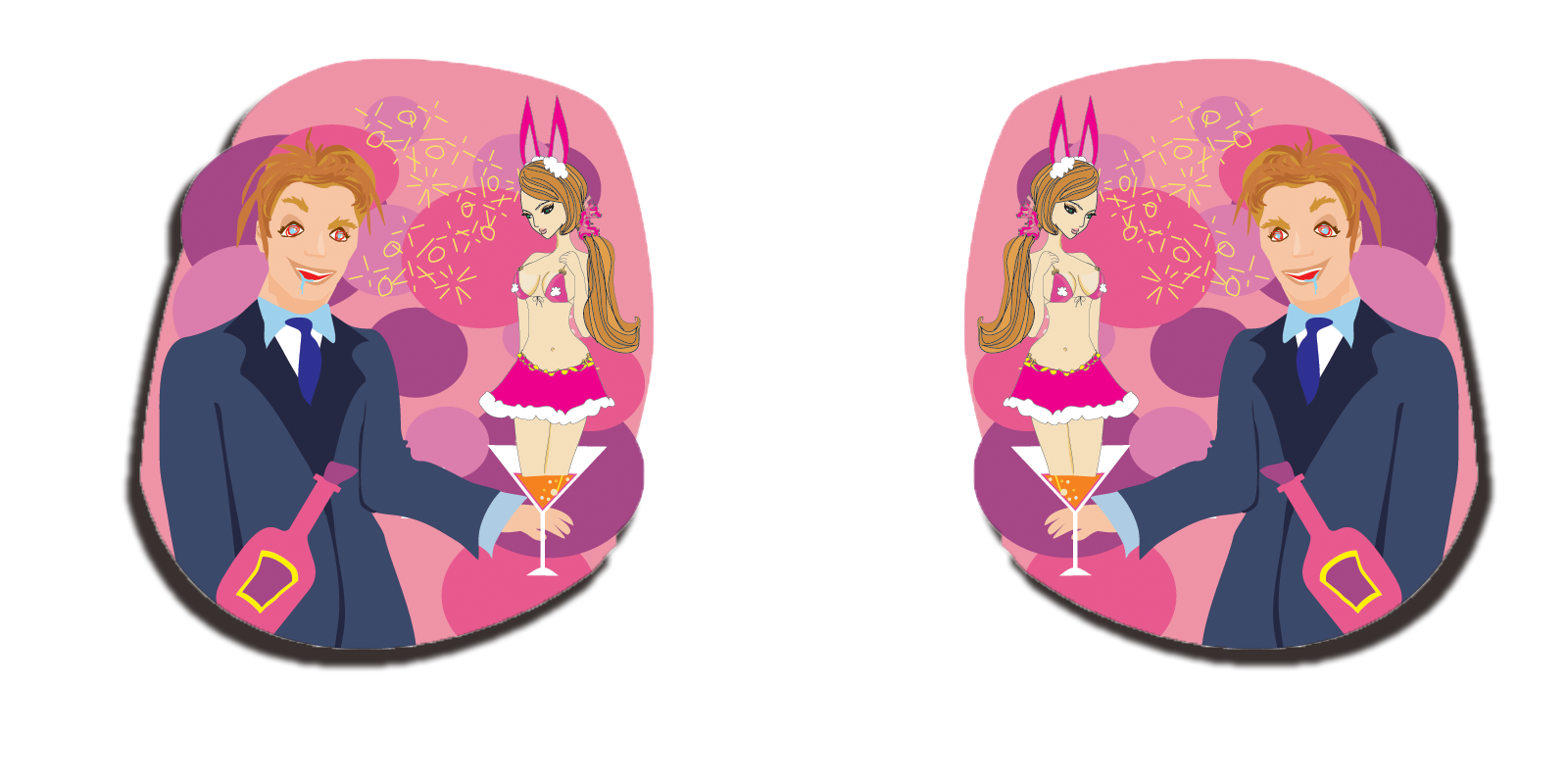
Consider that the beliefs we hold are just like food. We believe them if they make us feel good. This doesn’t mean they are true, any more than the food that tastes good isn’t healthy. Since we’ve got to consciously understand, and take the time to consciously train ourselves to eat healthy food, why should beliefs be any different?
Reverse Engineer The Healthy Beliefs
Food is what it is. Our bodies and the stuff we put into it doesn’t really care about anything other than biology and chemistry. We can choose to understand it, or not. But beliefs are pretty squirrely. We need to come up with a better way. Even the right food is not so simple, since pretty much everybody’s got an angle.
There is a huge variety of diet plans by alleged experts. You’d think that since it’s based on objective science, there wouldn’t be so much variety. This only means there’s no way we can hope to look at an outside source for a list of healthy beliefs. (Unless you want to open yourself up to some brainwashing!)
So start with what you want. A good relationship. Better skills. More money. A healthier body. This is going to take some thinking. But think first of the outcome. A goal in a year or so. What beliefs would help you get there? For example, if you wanted more money, what beliefs would help you get more money?
Money is easy.
Money is righteous.
You are smart enough to make more money.
You are worthy enough to make more money.
This ain’t easy. This is going to take time. The proper beliefs to help you get to wherever you want to go aren’t going to pop right into your head. A reason for this is you likely have plenty of negative beliefs that think they are protecting you from some horrible monsters out there.
Luckily, these horrible monsters don’t really exist. A good way to find the beliefs you want are to start digging to find the beliefs you don’t want, and then get busy installing the grammatical opposites of those.
How To Find Negative Beliefs
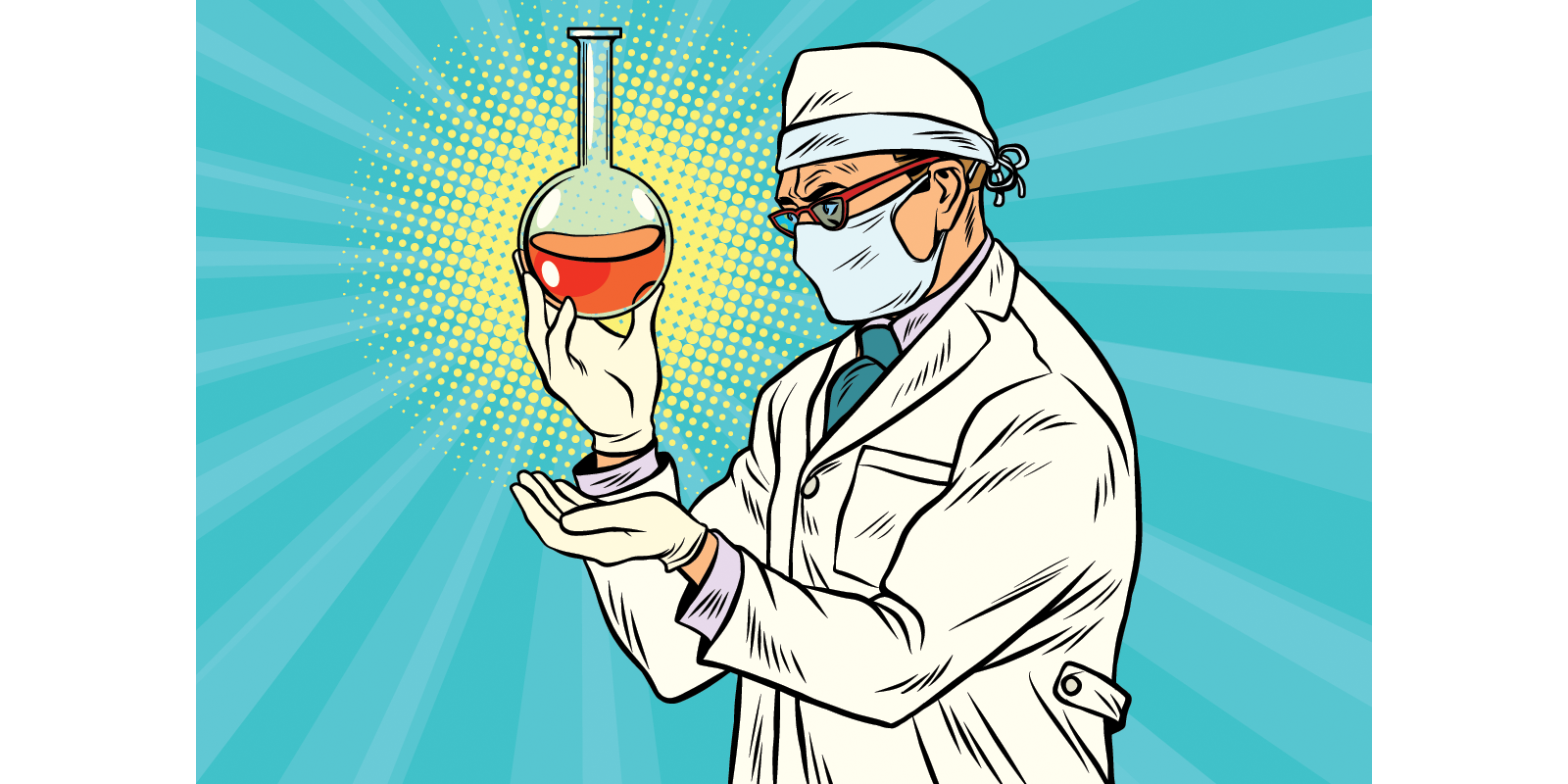
First, think of something you want. More money. More sex. Better relationships. A better position at your company. Consider that the reason you don’t have that is you have a belief that is keeping you from getting there.
This is something you can’t prove or disprove, but it’s a good place to start. Let’s say you want to earn 20% more money. Since you want it, and don’t have it, and don’t have an expectation of getting it, then we’ll assume you have a negative belief keeping you from getting it. Start by writing the following sentence stem:
I can’t make more money because…
And then write as many answers as you can. This is going to be an emotional process. That negative belief does not want to be found. When you do find it, it will make you feel horrible. It will be something of the form, I’m too (negative adjective) or I’m not (positive adjective) enough.
I’m too stupid.
I’m too old.
I’m too ugly.
OR
I’m not smart enough.
I’m not young enough.
I’m not connected enough.
Once you find a couple of these, all you’ve got to do is write down the opposite. If you settled on “I’m not smart enough” then the opposite, when combined with the thing you want (in this case 20% more money) becomes:
I am smart enough to earn 20% more money.
That’s in. Don’t write anything silly or metaphysical at the end. Stick with that very simple idea, which we will now turn into a belief. Remember, this is going to take time. Just writing it down is the first step in a long process.
Write Your New Belief Into Your Brain

Every day, write in a journal. Don’t think, don’t speak, don’t stare at yourself in the mirror and repeat affirmations. Use your hand, and some paper, and a writing utensil, like people used to do in the old days. At the end of the day, write down all evidence you saw that could conceivably be evidence to support your new belief. Anything that all that supports the idea that you are smart enough to earn twenty percent more. After you do that, write down things you could see the next day that will be more evidence. Do this every day.
Long Process
This will be a long process. Just like it takes time to lose weight and actually enjoy your new lifestyle which supports your new healthy weight, it will take time to build in these new beliefs. And just like a healthy diet, if you start cheating, it’s easy to slip. Consider that maintaining these new beliefs is just like maintaining a healthy body. It takes work to get them, and it takes work to keep them.
End Goal Is Self Perpetuating Beliefs
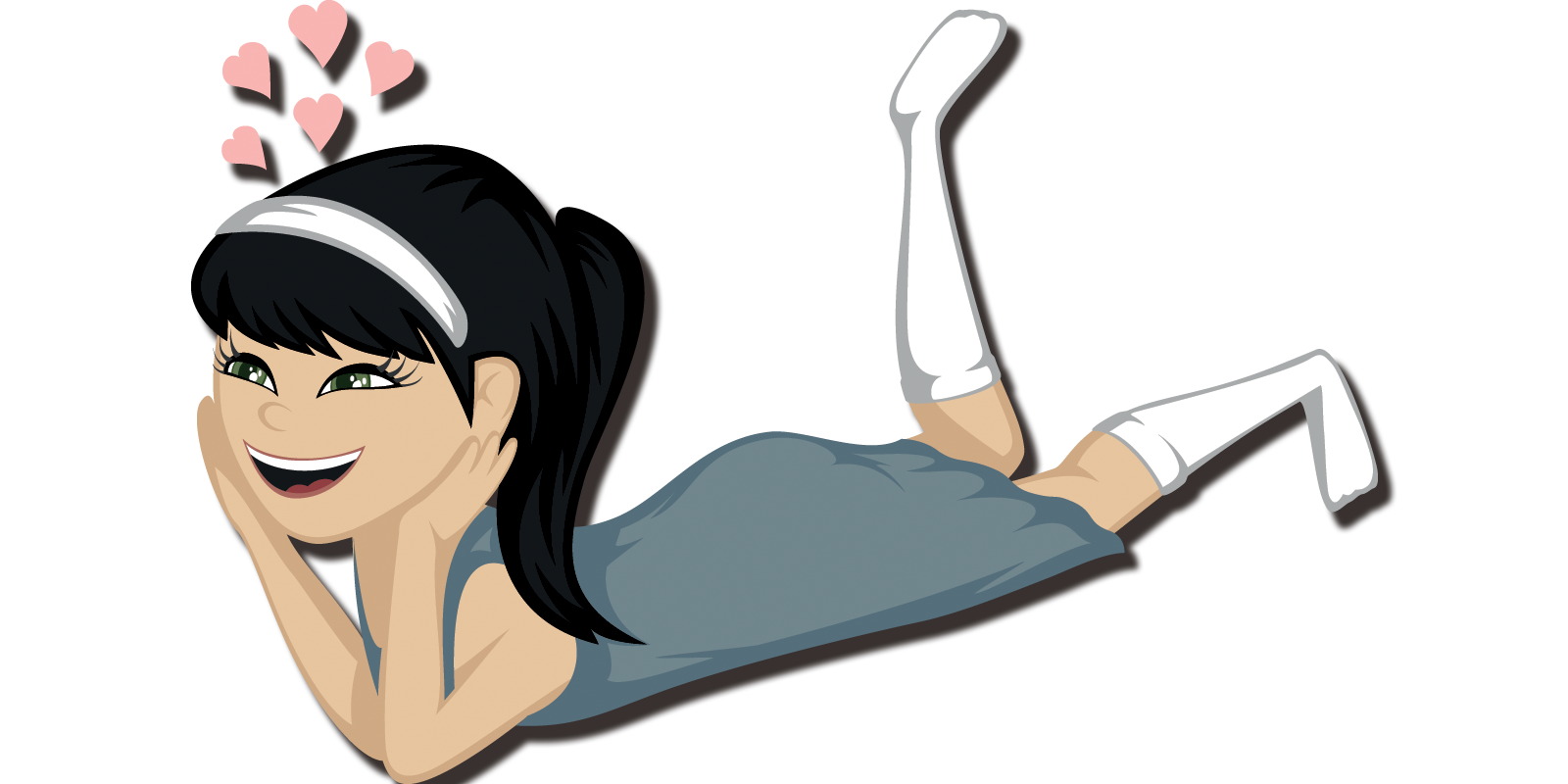
If you are overweight and eat every meal at your local fast food place, shifting to a permanent healthy lifestyle is going to be difficult. But if you are persistent, you will get to a tipping point where you actually enjoy eating healthy and exercising. After the tipping point, it will take very little willpower. The gains you get from eating healthy and exercising will be enough to keep you going. Getting there is the trick.
Consider that building in positive beliefs takes just as long, but you will also reach a point where they are self-sustaining. This is when you actually believe them, and these beliefs are actually supported by your day to day living.
In the case of being smart enough to earn 20% more, you may have to do your daily writing for a few months before it starts to sink in. Once it starts to sink in on a deep belief level, you’ll actually think differently and act differently. You’ll actually do things that will make you worth 20% more. These are things you can’t predict, but they will happen. And when they do, you’ll wonder why it took so long for you to notice them.
Danger Of Negative Beliefs
Negative beliefs work by keeping us from seeing things that are around us. By slowly changing these beliefs into their opposite, you’ll start to notice things about your surroundings and yourself that you didn’t notice before. Consider changing your beliefs as changing the filters through which you see the world. It takes time, a lot of time, and effort. A lot of effort. But it is possible. So why not get started today?
Learn More

Mind Persuasion publishes many books and courses with one intention in mind: To help you live the best life you can. Have a look through our courses and books and start living life on your terms.
Mind Persuasion Courses
Mind Persuasion Books